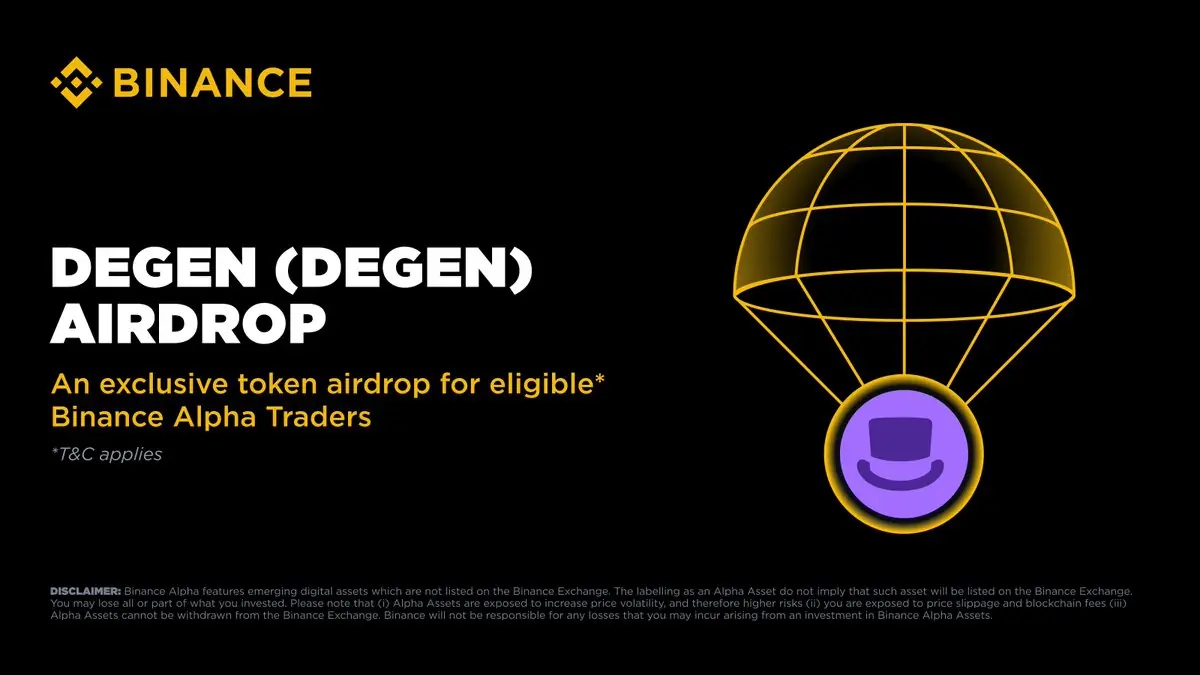
In the ever-evolving landscape of technology, two giants stand tall: _Alphabet ($GOOG) Inc., the parent company of Google, and _Microsoft ($MSFT) Corporation. Both companies have carved out significant niches in the tech world, but how do they stack up against each other in terms of growth, innovation, and market dominance?
Let’s dive into these fascinating companies!
Company Overview
Alphabet, headquartered in Mountain View, California, is a conglomerate known for its search engine, Google, along with a diverse portfolio that includes YouTube, Android, and Waymo. Its focus on artificial intelligence and cloud computing has solidified its position as a leader in digital advertising and technological innovation.
Microsoft, based in Redmond, Washington, is a global leader in software, services, devices, and solutions. Known for its Windows operating system and Office suite, Microsoft has expanded into cloud computing with Azure, gaming with Xbox, and productivity tools with Microsoft 365.
Google turns 27 this year, while Microsoft celebrates its 50th anniversary. Yes, Bill Gates is no youngster anymore! 
Brand and Company Culture
In 2025, both companies rank among the world’s most valuable brands. According to the renowned Interbrand, Microsoft holds the 2nd spot with a brand value of $352.5 billion behind _Apple ($AAPL), while Google ranks 4th at $291.3 billion behind _Amazon ($AMZN).

Fig 1 – Most valuable brands according to Interbrand
Not only are these brands global leaders, but their employees also hold them in high regard. According to Forbes, Microsoft is the world’s best employer for its 220,000 employees, dethroning Alphabet—previously at the top for several years—with its 182,000 employees.
When we said this comparison is like a battle of the titans, we weren’t exaggerating—both companies excel in countless fields!
Keep reading for more in the upcoming sections. 
The iconic CEOs
The CEOs of Google (now Alphabet) and Microsoft have both been leading their respective companies for around a decade. If you don’t know these names, you might have been living in a bunker or paying very little attention to technology. In a race as epic as Hamilton vs. Verstappen to dominate the world of AI and technology, please welcome:
Sundar Pichai, CEO of Alphabet Satya Nadella, CEO of Microsoft
Fig 2- Comparison of Sundar Pichai and Satya Nadella
From a purely factual perspective, Satya Nadella, who transformed Microsoft from a know-it-all to a learn-it-all culture, leads in both employee approval (90% vs. 76% for Sundar Pichai) and market cap growth since taking charge—a staggering $2.5 trillion vs. $1.39 trillion.
Notably, both leaders were born in India and are admired not just for their forward-thinking, trend-anticipating approaches but also for being down-to-earth, empathetic, and approachable.
Financial Performance
The two illustrations below provide an excellent overview of the main product suites of both companies and their contributions to overall revenue.

Fig 3 – Visualisation of Alphabet income statement per income stream
Alphabet’s top revenue sources include search advertising (by far the largest share), followed by YouTube, Google AdMob, Google Play, and Google Cloud.
Alphabet‘s recent financial performance highlights strong growth. In the latest quarter, revenue increased by 12% year-over-year, driven by robust advertising sales and cloud services. Net income also saw a significant rise, reflecting effective cost management and strategic investments in AI.

Fig 4 – Extract of the official earnings report of Alphabet

Fig 5 – Visualisation of Microsoft income statement per income stream
Microsoft‘s revenue is well-balanced across its key segments: Productivity & Business Processes (including LinkedIn and Microsoft 365), Azure Cloud, and Personal Computing (including Xbox and Windows).
In the last reported quarter, Microsoft also reported a 12% year-over-year revenue increase, driven by a 19% surge in Azure’s revenue. Its focus on enterprise solutions and digital transformation has strengthened its financial position, contributing to a significant rise in net income.

Fig 6 – Extract of the official earnings report of Microsoft
Both companies have consistently delivered outstanding financial performance, making them two of the most valuable companies in the world.
It feels like a Nadal-Federer match, doesn’t it? 
Valuation Metrics
With continued success comes high investor expectations. While past performance doesn’t guarantee future profits, ignoring a company’s history would be unwise, wouldn’t it?
As of March 30, 2025, Alphabet is the 7th largest contributor to the S&P 500 with a market cap of approximately $1.89 Tn, and Microsoft is the 2nd one with a market cap of approximately $2.82 Tn
Valuation Metrics (GuruFocus, as of March 30, 2025):
Forward P/E Ratio: Alphabet: 17.31 | Microsoft: 25.35 (suggesting higher expected growth for Microsoft) Price-to-Sales Ratio: Alphabet: 5.59 (historical range: 4.13–8.92, median: 6.38) | Microsoft: 10.81 (near a two-year low of 10.3)Both companies’ stock prices have declined significantly from their 2024/early 2025 peaks—Microsoft down 15% and Alphabet down 24%.
Key factors behind the drop include intensifying AI competition (the “DeepSeek moment”), with investors demanding stronger returns, and growing geopolitical tensions fueling mistrust toward U.S. tech giants.
While the current dip presents a potentially attractive entry point, these risks could weigh on both stocks for some time.
Additional risks
As any investment comes with risks. Alphabet and Microsoft are not exempt. And some of these risks overlap for both companies as they cover the same technology sector.
In an article published on MarketWatch on March 31, 2025, analyst Ben Reitzes warns that Google risks following Kodak’s fate as younger users favor ChatGPT over traditional search. While Google remains financially strong, its AI brand, Gemini, lacks the cultural impact of ChatGPT, raising concerns about its ad-driven model. Reitzes questions whether Google can match OpenAI’s AI subscription revenue and warns of potential stock declines. However, he notes that growth in Alphabet‘s cloud business could help counteract these challenges.
Similarly, analyst Daniel Schönberger considers that Microsoft faces risks due to its high valuation multiples, economic uncertainties, and heavy capital expenditures. While the company continues to grow in AI and cloud, its stock remains expensive, making it vulnerable if growth slows. The analyst argues that broader economic cycles and potential downturns could further impact Microsoft’s performance, as high market valuations often signal the end of a cycle. Additionally, the hype around AI may fade, leading to reduced corporate spending.
Innovation and Future Prospects
Alphabet Inc. leads in AI, autonomous vehicles, and quantum computing. Its AI advancements enhance search, advertising, and Google Cloud solutions. Waymo spearheads self-driving technology, while Google Quantum AI explores breakthroughs with vast computational potential. Focused on emerging tech, Alphabet is poised for continued industry leadership and growth.
Microsoft leads in AI, cloud computing, and mixed reality, with Azure driving digital transformation through advanced AI. AI-enhanced features in Office 365 and Dynamics 365 boost productivity, while HoloLens expands mixed reality applications in healthcare, education, and manufacturing. The company is also advancing agentic AI for autonomous problem-solving, increasing efficiency and quantum computing with Majorana, the first quantum processor. This strategic focus ensures Microsoft‘s competitive edge and future innovation leadership.
Take your popcorn and enjoy the upcoming waves of innovation coming from those two. 
Conclusion
In the battle of tech titans, both Alphabet and Microsoft demonstrate remarkable strengths and growth potential. While Alphabet leads in digital advertising and AI, Microsoft‘s dominance in cloud computing and enterprise solutions makes it a formidable contender.
Investors and tech enthusiasts alike will be keenly watching these giants as they continue to innovate and shape the future of technology.
Should you choose one stock? The decision is yours. But from our side, we clearly love them both. 
This communication is for information and education purposes only and should not be taken as investment advice, a personal recommendation, or an offer of, or solicitation to buy or sell, any financial instruments. This material has been prepared without taking into account any particular recipient’s investment objectives or financial situation and has not been prepared in accordance with the legal and regulatory requirements to promote independent research. Any references to past or future performance of a financial instrument, index or a packaged investment product are not, and should not be taken as, a reliable indicator of future results. eToro makes no representation and assumes no liability as to the accuracy or completeness of the content of this publication.
The post Alphabet vs. Microsoft: A Tech Titan Showdown appeared first on eToro.













 Bengali (Bangladesh) ·
Bengali (Bangladesh) ·  English (United States) ·
English (United States) ·